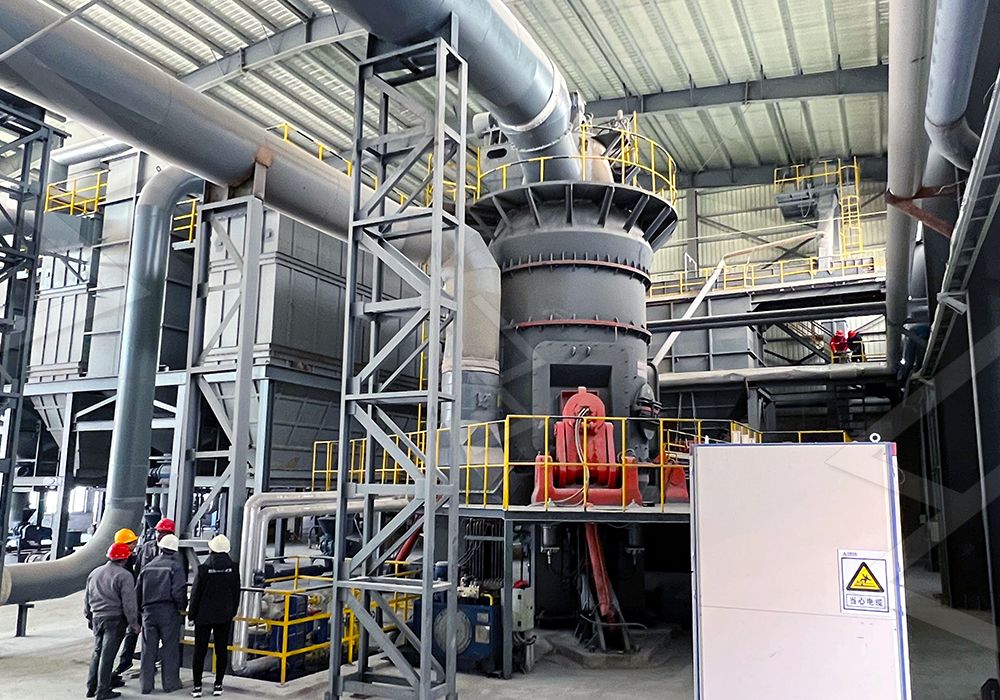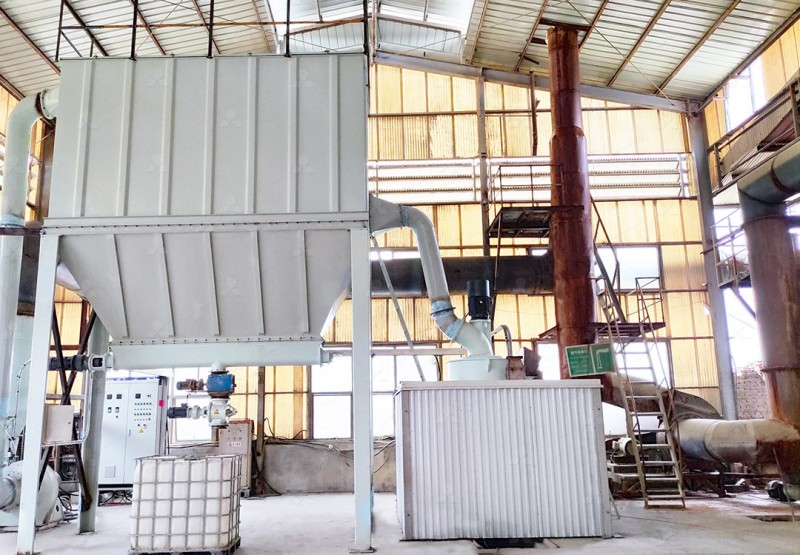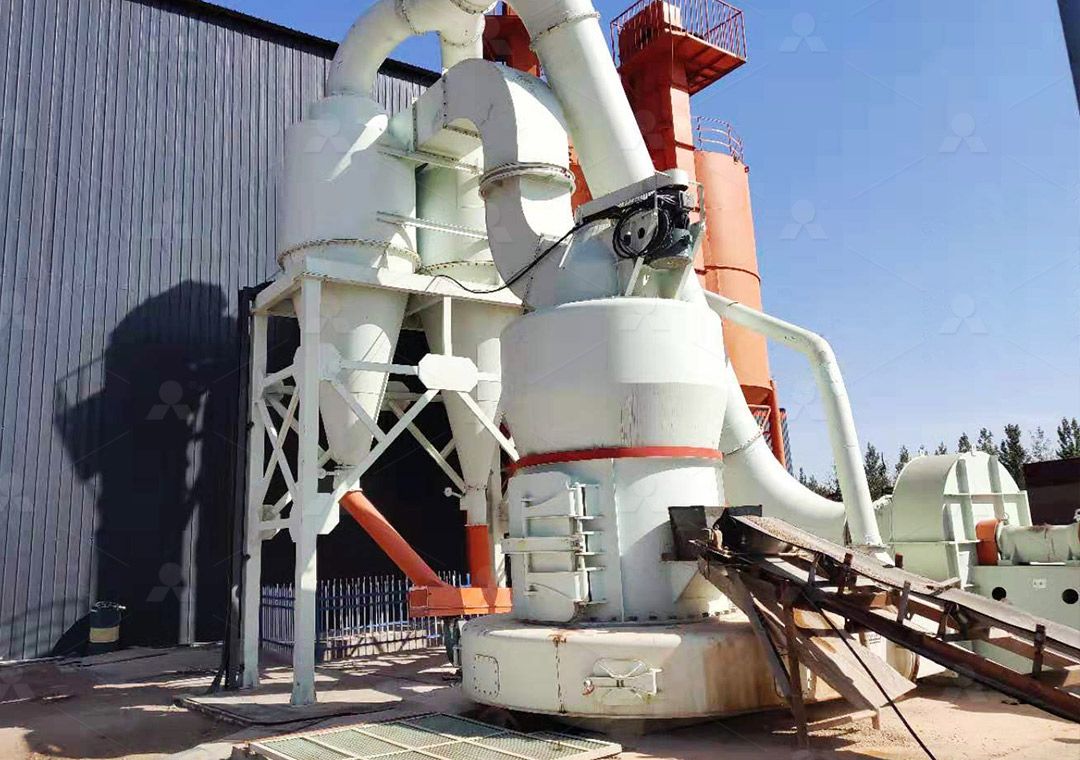How Much Does It Cost to Grind One Ton of Coal?
We provide a wide range of mills — including Raymond mill, trapezoidal mill, vertical mill, ultrafine mill, and ball mill, obtained ISO9001 international quality certification, EU CE certification, and Customs Union CU-TR certification. Suitable for processing minerals such as limestone, phosphate, quicklime, kaolin, talc, barite, bentonite, calcium carbonate, dolomite, coal, gypsum, clay, carbon black, slag, cement raw materials, cement clinker, and more.
The discharge range of these mills can be adjusted to meet specific processing needs, typically from 80-400 mesh, 600-3250 mesh, and can achieve the finest particle size of up to 6000 mesh(D50).
If you are looking for a reliable grinding solution to turn stone or minerals into fine powder, please feel free to contact our online customer service.
How Much Does It Cost to Grind One Ton of Coal?
As industrial professionals know all too well, calculating the exact cost of grinding coal involves far more than just the price of electricity. When we break down the expense of processing one ton of coal into fine powder, we must consider multiple variables including equipment efficiency, energy consumption, maintenance requirements, and operational lifespan. The true cost per ton emerges from the complex interplay of these factors.
Traditional grinding methods, while functional, often carry hidden expenses that dramatically impact the bottom line. Older ball mills, for instance, might seem cost-effective initially but typically consume 30-40% more energy than modern vertical grinding systems. Additionally, their higher maintenance requirements and shorter component lifespan add significant operational costs over time.

Key Factors Influencing Grinding Costs
The primary cost drivers in coal grinding operations include:
- Energy Consumption: This typically represents 40-60% of operational costs
- Wear Part Replacement: Grinding elements require regular maintenance
- Labor Requirements: Automated systems reduce staffing needs
- Dust Control: Environmental compliance adds to operational expenses
- Production Capacity: Higher throughput distributes fixed costs across more material
Modern grinding technology has revolutionized these cost calculations. Advanced mills now integrate multiple processes—crushing, drying, grinding, and classifying—into single, efficient systems that significantly reduce both energy consumption and physical footprint.
The MW Ultrafine Grinding Mill Advantage
For operations requiring ultra-fine coal powder, the MW Ultrafine Grinding Mill represents a technological leap forward. With an input size capacity of 0-20 mm and throughput ranging from 0.5 to 25 tons per hour, this system delivers exceptional precision for specialized applications where particle size matters.
What makes the MW series particularly cost-effective is its innovative design that eliminates rolling bearings and screws within the grinding chamber. This engineering decision dramatically reduces maintenance concerns and prevents machine damage from loose components. The external lubrication system enables continuous 24-hour operation without shutdowns for maintenance—a significant advantage for operations where downtime costs thousands per hour.

The MW Ultrafine Grinding Mill achieves remarkable energy efficiency, consuming only 30% of the energy required by jet grinding mills while delivering 40% higher production capacity. For operations processing petroleum coal, coal powder, and other materials requiring fineness between 325-2500 meshes, this efficiency translates directly to lower cost per ton.
Environmental Compliance Without Compromise
Modern grinding operations must contend with increasingly stringent environmental regulations. The integrated pulse dust collector in the MW Ultrafine Grinding Mill ensures no dust pollution during operation, while silencers and noise elimination rooms maintain workplace comfort and regulatory compliance. These features eliminate the hidden costs of environmental penalties and worker health concerns.
For larger-scale operations, the LM Vertical Coal Mill offers another compelling solution with capacities from 5-100 tons per hour. Its integrated drying and grinding capabilities make it ideal for power plants and cement plants requiring substantial throughput with minimal energy consumption.

Calculating Your Actual Cost
While equipment specifications provide guidance, your actual cost per ton will depend on your specific coal characteristics, desired fineness, local electricity rates, and operational patterns. Generally, operations using advanced grinding technology like the MW Ultrafine Grinding Mill report costs between $8-15 per ton, significantly lower than the $15-25 per ton common with older technology.
The most significant savings often come from reduced energy consumption and minimal maintenance requirements. When evaluating grinding systems, consider not just the purchase price but the total cost of ownership over the equipment’s operational lifespan.
Frequently Asked Questions
What is the most significant factor in determining coal grinding costs?
Energy consumption typically accounts for the largest portion of operational expenses, representing 40-60% of total costs. Modern efficient mills can reduce this by 30-50% compared to traditional equipment.
How does fineness requirement affect grinding costs?
Higher fineness requirements (finer powder) generally increase costs due to longer processing time and higher energy consumption. The MW Ultrafine Grinding Mill’s adjustable fineness between 325-2500 meshes allows operators to optimize for their specific application needs.
What maintenance costs should I anticipate?
Maintenance costs vary significantly by equipment type. Systems like the MW Ultrafine Grinding Mill with no rolling bearings in the grinding chamber typically have 30-50% lower maintenance costs than traditional designs due to reduced wear part replacement frequency.
How important is equipment automation in cost control?
Highly automated systems reduce labor costs and improve consistency, which directly impacts product quality and operational efficiency. Modern mills with PLC control systems can optimize performance automatically based on material characteristics.
Can the same equipment handle different types of coal?
Yes, advanced grinding mills like the MW series are designed to process various coal types including petroleum coal and standard coal powder. Adjustable parameters allow optimization for different material characteristics.
